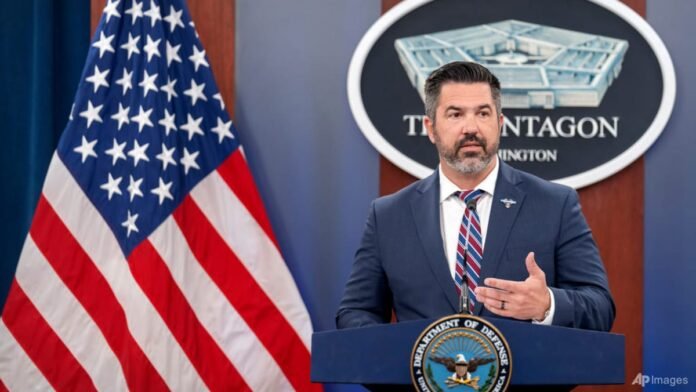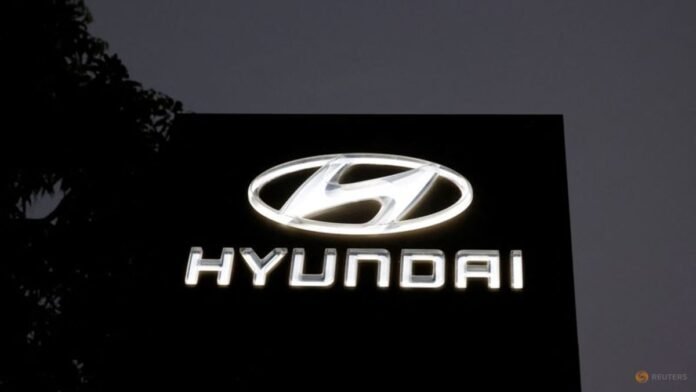On Wednesday, the U.S. Pentagon rolled out a new press‑access policy that has already sparked backlash from major news outlets across the country. The policy, meant to tighten security and streamline briefings, requires journalists to clear background checks, use secure communications channels, and, in some cases, undergo military‑style training before attending any Pentagon press events.
The change came after a review by the Department of Defense that cited rising cyber threats and misinformation. Pentagon officials argue that the new rules are a standard procedure to protect both reporters and sensitive information. “We want to ensure that everyone who covers our briefings can do so safely and responsibly,” said an unnamed Pentagon spokesperson.
But the policy was met with immediate pushback. News organizations such as The New York Times, CNN, The Washington Post, Reuters, and Associated Press have all rejected the new requirements. “We won’t comply with a mandate that demands we follow a process designed for military personnel rather than journalists,” a senior editor at CNN said. The editors also pointed out that the rules could delay or limit access to critical information, especially during crises.
Many journalists have expressed concern that the policy could be used to block coverage of controversial or embarrassing Pentagon actions. “It feels like a move toward controlled narratives,” said a veteran war correspondent. The policy could also force reporters to pay for private security clearance filings—a cost many media outlets say is unnecessary.
In response, the Pentagon said it will keep the policy in place but would review it for any possible adjustments. “We believe the security of our staff and the integrity of our information are paramount,” the spokesperson told reporters.
The backlash from the media isn’t just criticism—it has practical implications. Without a clear line of access, reporters could miss breaking stories about military operations, budget changes, or troop deployments. The news industry worries that the restriction could lead to uneven reporting, where only sources with the necessary clearance get to speak to officials.
As the deadline to comply approaches, most major U.S. news outlets are still seeing the policy as a barrier to free reporting. They continue to lobby for a policy that balances security with the public’s right to know. The Pentagon’s decision remains under close watch by journalists, media watchdogs, and lawmakers who all want to see a consistent, transparent approach to press access.
Stay informed on all the latest news, real-time breaking news updates, and follow all the important headlines in world News on Latest NewsX. Follow us on social media Facebook, Twitter(X), Gettr and subscribe our Youtube Channel.



